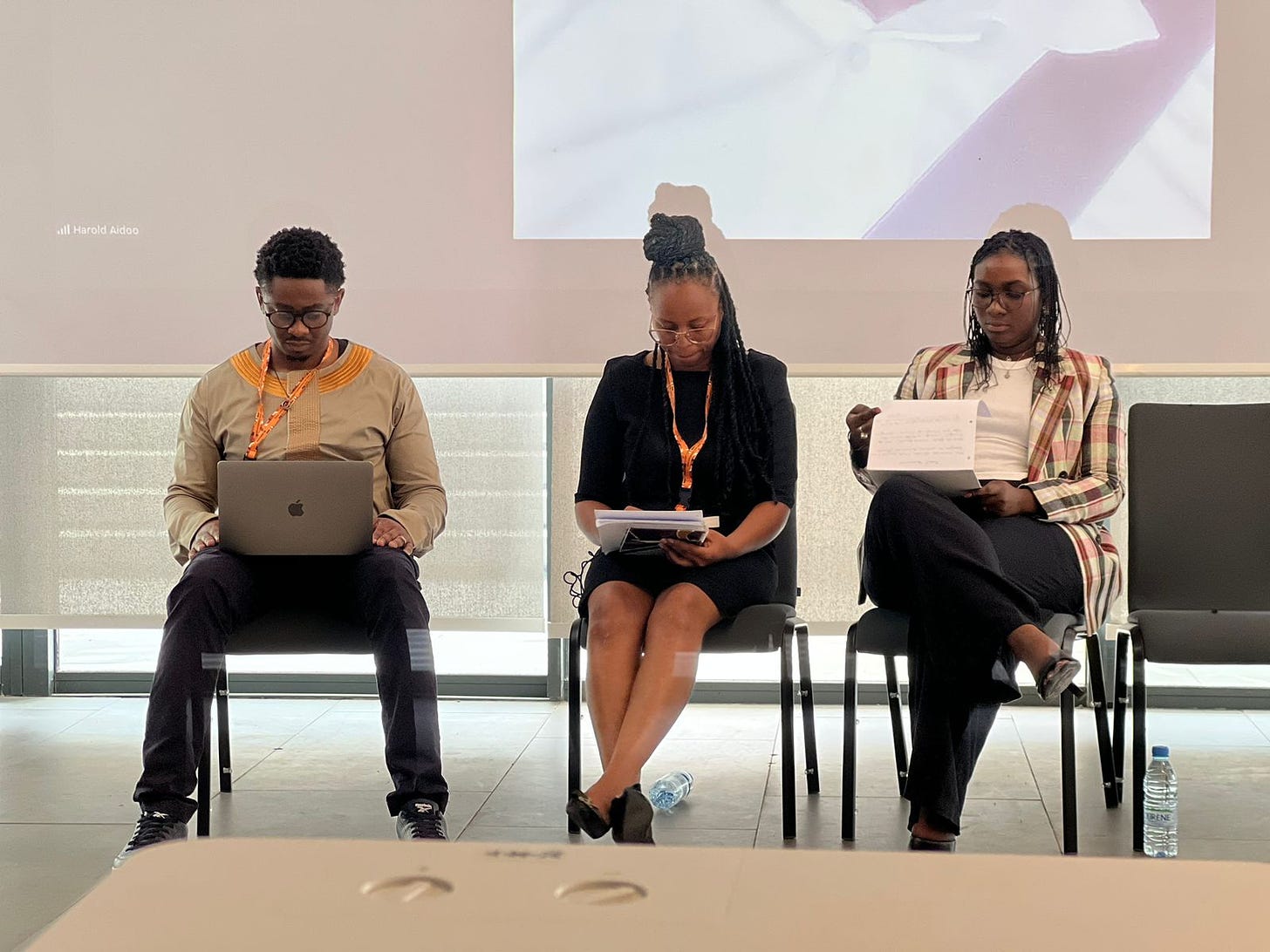Study Reveals Alarming Link Between Debt, Illicit Financial Flows, and Inequality in ECOWAS Post-COVID Era
The study, presented by Ishmael Zulu of the Tax Justice Network Africa (TJNA), provides a stark warning of the consequences of neglecting these crucial factors in the post-COVID-19 era.
Dakar, Senegal - — In a groundbreaking report unveiled during the 3rd Edition of the African Conference on Debt and Development, experts have shed light on the intricate connections between debt, illicit financial flows (IFFs), and inequality in the ECOWAS subregion, writes Winston Mwale.
The study, presented by Ishmael Zulu of the Tax Justice Network Africa (TJNA), provides a stark warning of the consequences of neglecting these crucial factors in the post-COVID-19 era.
Addressing the gathering of policymakers, economists, and stakeholders, Zulu emphasised the paramount role of taxation in a nation's financial stability.
"Any country that fails to collect reasonable taxes amid rising expenditures will end up in a debt trap," he cautioned.
The report paints a concerning picture of numerous African countries facing debt distress or at high risk of it while grappling with formidable developmental challenges, notably pervasive inequality.
A primary driver of this scenario is the staggering levels of illicit financial flows, effectively making Africa a net creditor to the world.
The study's objectives encompassed understanding the intricate interplay between these pressing concerns. It aimed to:
Estimate Illicit Financial Flows: By extending analysis to data from 1980 to 2020, the report delved into the levels of illicit financial flows.
Track Debt Trends: The study assessed current debt accumulation patterns and the state of inequality in West Africa, taking into account the ongoing pandemic's repercussions.
Establish Interlinkages: A core objective was to discern the relationships between illicit financial flows, debt, and inequality in the subregion.
To unravel these connections, the report employed econometric modelling techniques, generating three distinct equations:
IFFs and Debt Relationship: Examining the correlation between IFFs and debt within the ECOWAS region.
IFFs and Inequality: The study estimated the impact of illicit financial flows on inequality.
Debt and Inequality: Estimations explored how debt build-up influences inequality as the outcome variable. The variables considered encompassed external debt measures, IFFs measured through trade mis-invoicing, and additional regressors, including economic growth rate, inflation, population growth, and foreign direct investment.
The report's findings revealed a series of alarming trends:
A sharp rise in external debt among African countries, widely viewed as unsustainable.
Concurrent increases in debt servicing figures, exacerbated by the volatility of African currencies concerning the countries they borrow from.
Several nations, including Mozambique, Angola, Cape Verde, Congo, Djibouti, and Egypt, already facing distress with external debt-to-GDP ratios exceeding 100%.
Inequality had reached crisis levels even before the COVID-19 pandemic, with the wealthiest 1% of West Africans possessing more wealth than the entire regional population.
Disparities in education were stark, with women from poor families in Mali, Nigeria, and Ghana encountering significant obstacles to accessing quality education.
While the study did not find a significant direct effect of IFFs on inequality, it highlighted an indirect relationship through debt. Increased debt stocks were found to be associated with heightened inequality in the subregion.
Furthermore, the report underscored the compounding effects of COVID-19 on the existing inequality crisis, creating unprecedented financial pressures.
In light of these findings, the report concluded with crucial recommendations, emphasising the need for ECOWAS and continental-level initiatives to address these multifaceted challenges.
Key recommendations included establishing a just, fair, equitable, and progressive tax regime, along with administrative reforms to enhance the efficiency of existing tax systems.
As the ECOWAS subregion navigates the complexities of the post-COVID era, the report serves as a stark reminder of the urgency to address the intricate connections between debt, illicit financial flows, and inequality for sustainable development.




